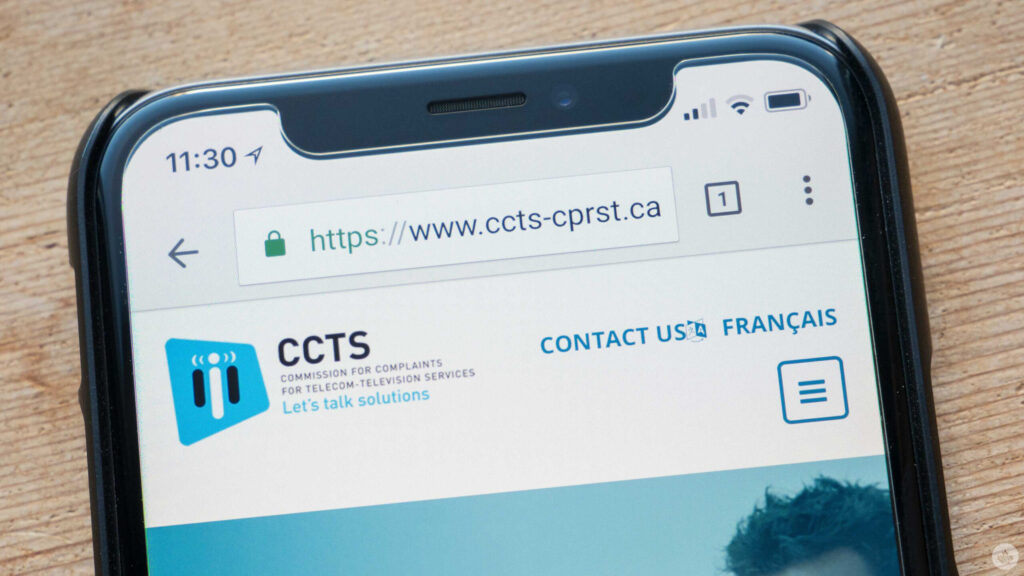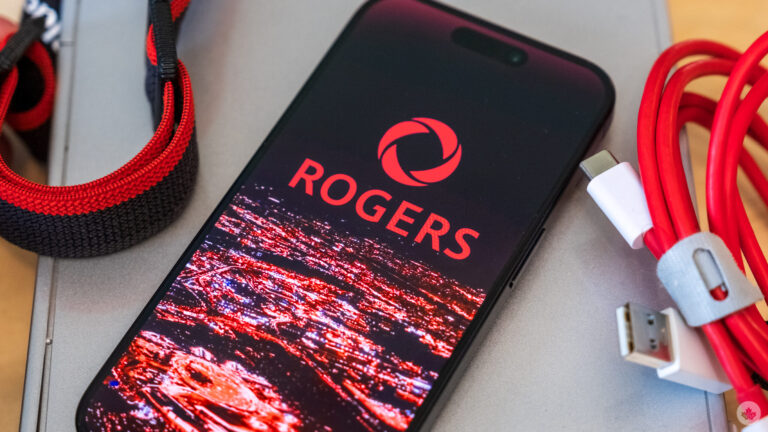
The Payment for Complaints for Telecom-Television Services (CCTS) has launched its annual evaluation for the 2023 – 24 reporting period.
The payment approved 20, 147 complaints across all solutions (cordless, web, TV, and phone) in Canada, a 38 percent boost from the previous year and the highest number taped in the company’s history.
The boosted number of issues approved this year can be credited to boosted public understanding regarding the CCTS and their enhanced complaint-handling procedure, resulting in a boosted customer experience when filing reports. The organization highlighted its expanding focus on electronic, social, and radio marketing this year, with strategies to even more enhance public recognition in the future.
During the reporting period from August 1, 2023, to July 31, 2024, Rogers, Bell, and Telus accounted for 86 percent of the 20, 147 complaints, up from 81 percent the previous year and 72 percent in 2021 – 22 The record consists of 436 brands run by 311 company groups.
Image debt: CCTS.
Amongst the big three brand names, Rogers experienced the most significant boost in its share of overall issues, representing 24 percent of all complaints contrasted to other provider, a four percent increase from in 2014. The CCTS reported Rogers saw a 68 percent year-over-year surge in the overall variety of issues accepted across all services.
These grievance categories saw a significant development for Rogers:
- Inaccurate charge for month-to-month rate plan : 91 % boost.
- Agreement disclosure problems : 79 % boost.
- Credit score or reimbursement not obtained : 128 % boost.
- Regular cost rise of month-to-month cost strategies : 447 % boost.

Photo credit scores: CCTS.
Bell obtained 3, 340 complaints this year, noting a seven percent boost from in 2014. This increase follows three successive years of decreasing variety of complaints. Bell make up 17 percent of all approved issues, up a little from 16 percent in 2015.
Bell’s top concern this year was incorrect fees for regular monthly cost plans, standing for 15 percent of all concerns raised about the provider.
Telus got 2, 757 issues this year, with the CCTS reporting a 53 percent boost in accepted grievances about Telus contrasted to last year. This rise is a substantial rise compared to the 38 percent year-over-year boost observed throughout all provider. Telus accounts for 14 percent of all accepted complaints, up from 12 percent in 2015.
Telus’ clients elevated the complying with problems more often than in 2015:
- Incorrect charge for monthly price strategy (top issue) : 73 % rise.
- Disclosure concerns : 48 % rise.
- Credit history or refund not got : 155 % boost.
- Regular cost increase of monthly rate plans : 234 % rise.
Billing problems experienced the biggest development among all concern types, up by 52 percent this year. While invoicing was the leading concern throughout a lot of service kinds (wireless, web, TV), local phone clients reported solution shipment as their key problem.
A closer take a look at wireless solutions
Wireless services continue to be the most reported group, audit for 52 percent of all concerns raised this year. Problems regarding wireless services enhanced by 27 percent contrasted to in 2014.

Photo credit report: CCTS.
Payment continues to be the leading classification of concerns for cordless services, with a boost of 39 percent from in 2014. Service distribution issues increased by 27 percent, and agreement disagreement concerns raised by 12 percent.
The top three factors to the surge in cordless concerns include:
- Inaccurate cost for month-to-month rate strategy : 31 % rise.
- Credit score or reimbursement not got : 108 % increase.
- Regular rate boost of regular monthly rate strategy : 360 % rise.
Wireless Code
The CCTS evaluates service provider conduct using 4 codes developed by the Canadian Radio-television and Telecommunications Payment (CRTC)– Canada’s independent tribunal that controls telecom and program industries in public rate of interest.
The Wireless Code, developed by the CRTC in 2013, controls provider with sector criteria and equalities for them to follow. For consumers, it promotes accessibility to trustworthy interaction solutions and safeguards their rights as set out in their agreements.
The CCTS obtained 2, 246 records of claimed breaches of the Wireless Code. The organization investigated 72 of these affirmed breaches, leading to 46 validated breaches, a decline of four percent year-over-year.
Disconnection (Area I of the Wireless Code) was noted as the most breached requirement. In order for this area of the code to be breached, as described by the CCTS, “the provider failed to do a minimum of among these points:
- “offer the consumer the required amount of notification before disconnection
- “give all the called for details in the disconnected notification.”
Telus had the greatest variety of verified breaches this year, audit for 26 percent of all confirmed violations.
The CCTS dealt with 16, 838 complaints this year.
MobileSyrup might earn a payment from purchases made using our links, which aids fund the journalism we give totally free on our website. These links do not influence our editorial content. Assistance us here.



